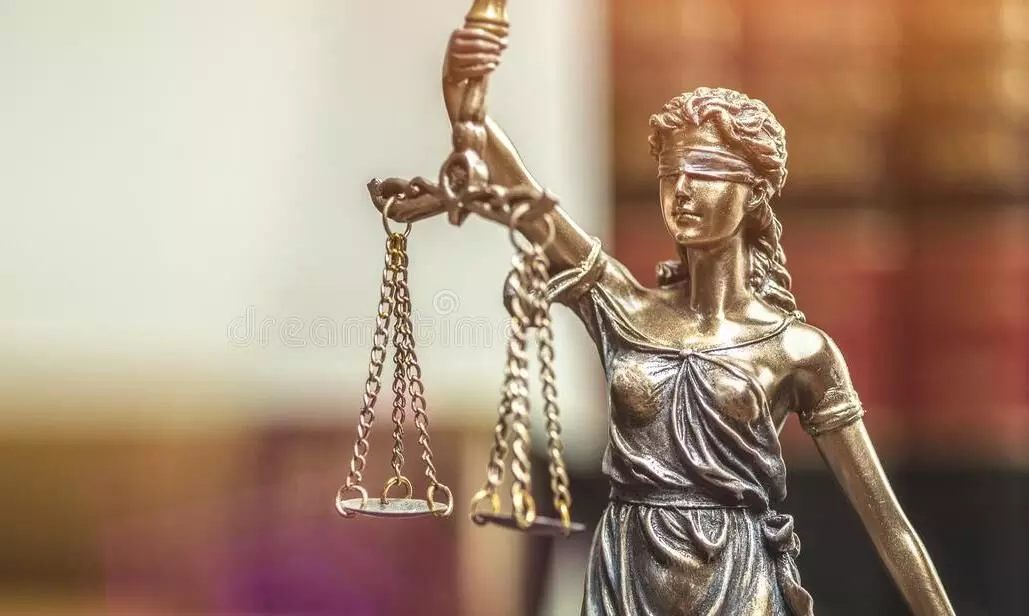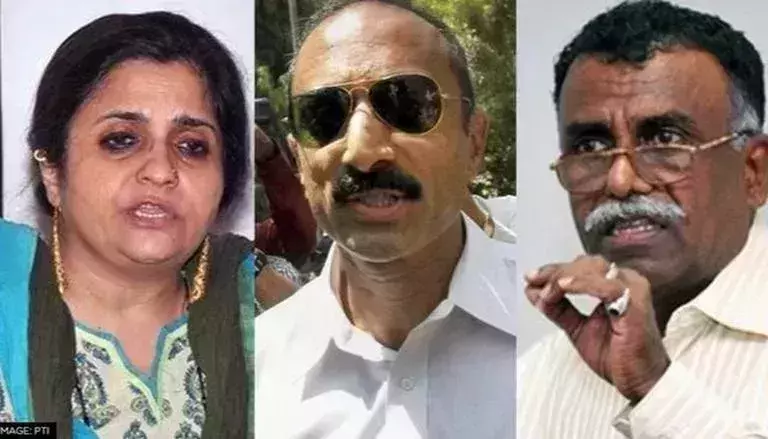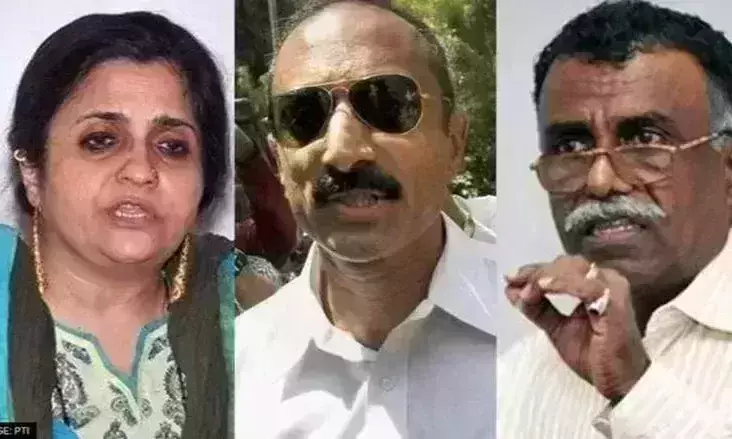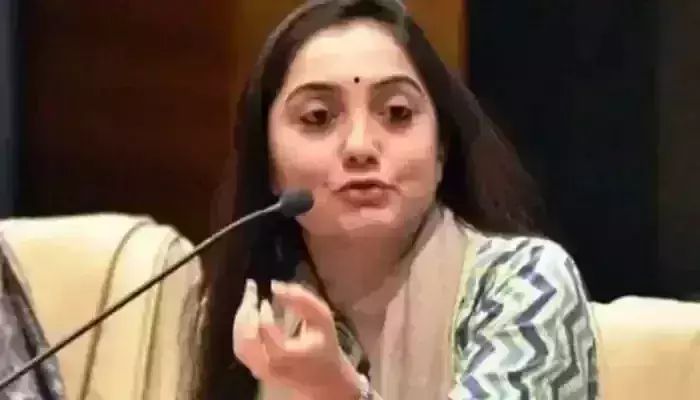
Surfeit of laws, justice deficit
text_fieldsOurs is a country that came into existence through populist political agitations on the strength of 'experiments with truth'. But now, the nation is paying a heavy price for the search for truth, at some point, giving way to lies and populist politics to protect vested interests. Presenting the facts upside down has come to constitute political skill. What Bharatiya Janata Party National President J.P. Nadda says is that the opposition is opposing the country itself by pretending to oppose Prime Minister Modi. But what is the fact? Even criticising the distorted policies and failures of the Modi government is being portrayed as treason. This was evident during demonetisation, lockdown and unrest against citizenship law. What happens when facts and falsehoods are interchanged beyond recognition is that the law, which should be the protector of justice, becomes an instrument of denial of justice.
A recent judgment of the Supreme Court was a striking example of this paradox. It was at the same time when Chief Justice Ramana said in a speech in Germany that the Indian judiciary is entirely independent and fair that the verdict given by the court in Zakia Jafri's petition with references against Teesta Setalwad and others created controversy. Even without giving notice as per law, legal proceedings keep coming against Teesta and others- who filed a petition against the denial of justice - as a continuation of the judgment of conviction. What was seen here was: that no matter however much legally correct the court verdict is, it harms the interest of justice. The judgment, in this case, can be compared with the court's reference in another case. In Nupur Sharma's plea, the Supreme Court made a serious remark against her insult to Prophet. While the reference against Teesta was part of the verdict and caused the subsequent state hunt, the one against Nupur (that 'you should have apologised') was merely a contextual reference. No arrests were made on it. All these remind that the jurists and political leaders need to check whether even as the court judgments and government actions are legal, they protect the interest of justice.
Various countries have had to correct many of the gross injustices even when they were legal. Apartheid was legal in South Africa. Nazi Germany carried out the Jewish genocide according to the law. British imperialism was according to its 'law'. So is Israeli racism today. Law is the language and weapon of power- it becomes humane only when it is aligned with justice. In India today, the government is misusing and weaponising the law in many cases. Courts should be able to correct this by giving interpretations in line with the Constitution. The judiciary has recently made such an intervention in sedition cases. It stayed the application of sedition law. At the same time, the apparent unfairness and corruption of the electoral bond system persist, and the court's delay in scrutinising it further corrupts politics. Discrimination in prosecution also makes the administration of justice a travesty. State interests are increasingly seen in lodging of cases and prosecutions – both at the Centre and in states. Here too, justice fails as the law is partially executed. A complaint from a fake Twitter account for tweeting an old movie scene became a weapon for the administration to hunt down fact-checker Mohammed Zubair.
There are too many rules and regulations which get abused. Laws are being misused against Sanjay Bhatt and RB Sreekumar too. On the other hand, the Supreme Court had issued a judgment in 2018 recommending action against mob attacks. A year later, contempt petitions were filed in the Supreme Court alleging that state governments had not implemented those guidelines. But even after three years, those petitions were not considered. The frequently reported fake encounter killings, 'disappearances' and years of wrongful detention of undertrials are evidence of the injustice of our legal system. While we have many laws as tools to deny civil and human rights, the mechanisms that can ensure justice are diminishing. This deficit in justice is a threat to the security of the country itself - a matter that demands our scrutiny and the court's vigilance.



























